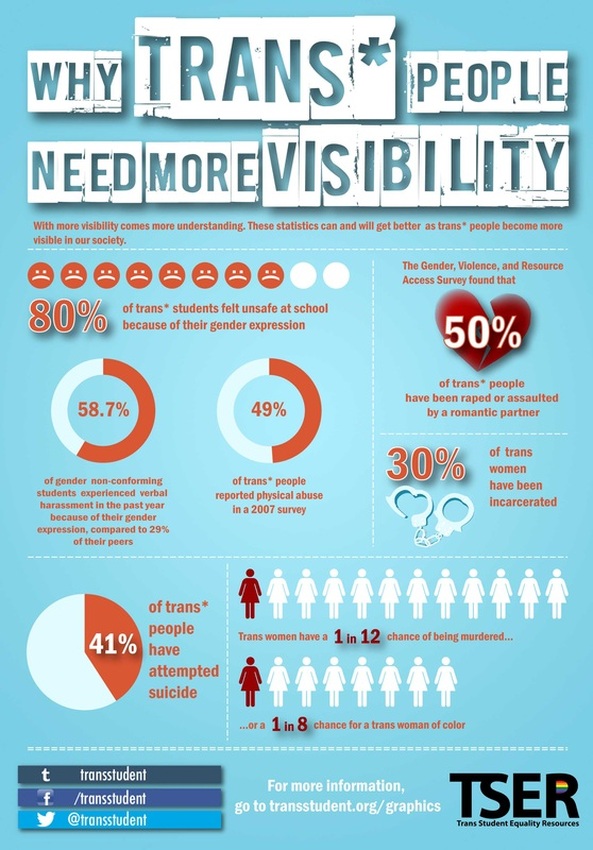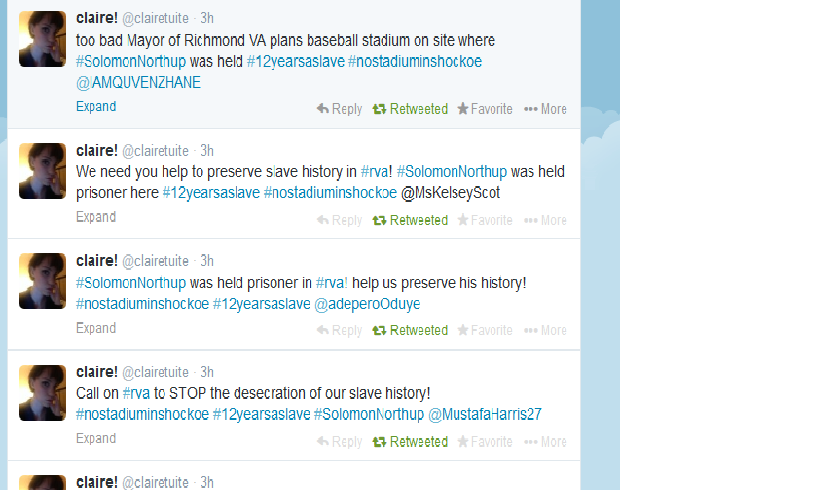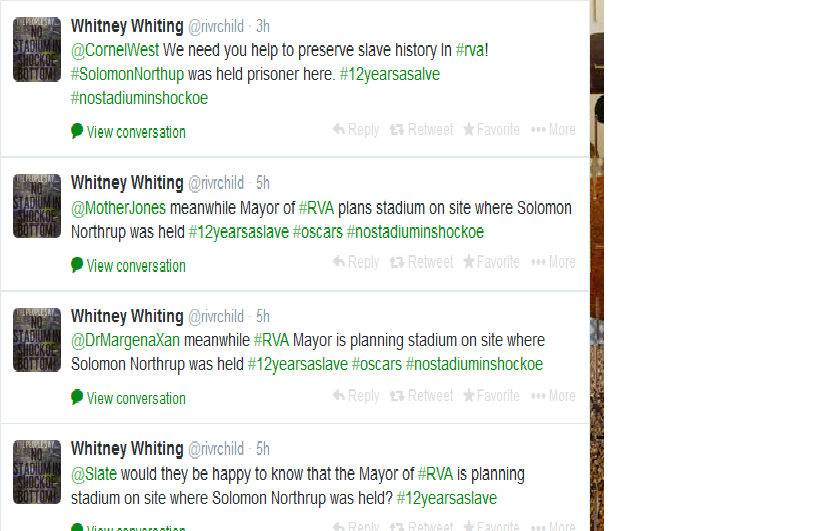|
The Breadcrumbs widget will appear here on the published site.
Translating Film to Real Life Most folks who know me would not be too terribly surprised to hear that last night was my first time ever, in my 27 years, watching the Oscars. My dad would also not be too terribly surprised to hear that I went to bed and read before the show was over. Typically I feel like those types of award shows represent a more mainstream culture and are not very relevant to folks within subcultures or countercultures. But my mom and aunt wanted to watch, so we did. I am not an "up to date on all the movies that come out" person. But from what I did see and hear, I have extracted two main issues, from which I am drawing a further conclusion. And both of these issues have a personal connection to me aside from the political one. Both of the movies and the media around them feature someone I went to college with at the small Hampshire College. Which explains part of my enthusiasm for engaging in these Oscar topics. The two issues stem from the two films Dallas Buyers Club and 12 Years a Slave, which deal with transgender people and AIDS and slavery respectively. The conclusion I am drawing is that movies that deal with important topics are great conversation starters, but the movies themselves are meaningless unless we tackle those issues in the real world. While my mom and aunt find Jared Leto to be very attractive as "hot Jesus," Jared Leto is a cis gendered man. Trans women do not have access to many roles in film, and to give a significant role of a transwoman to a cis man is an insult: a missed opportunity at best and transphobic at worst. Again, this is a movie which I have not seen yet, although now I am interested. And I am glad to see a movie which deals with both AIDS and transgender identity being a part of popular culture. These are two areas in which we need more attention and education and storytelling and history preservation. We can do better than Jared Leto in the role of a transwoman. Because that role and that story, do not belong to straight cis men. Jared Leto may be just a lovely actor, but it is truly not his story to tell. I also think that placing cis people in the roles of trans people opens the arena up for the sorts of joking that sets us back in terms of transgender issues. Ellen Degeneres, the Oscars host, and a lesbian (to my knowledge, though we have not really talked too much about it, me and Ellen), cracked a joke at the beginning of the Oscars, when I was still awake, about Jared Leto being the prettiest princess there. For folks who are transwomen, that would not be a joke. Jokes about cross-dressing and trans people are not steps forward, and are part of the hateful and misunderstanding culture that results in so much violence towards trans people. This is a helpful reminder that cis gender people need to work on their transphobia and dealing with their cis privileges. Intersectionality is a real factor in our lives, and one which means we may have to temper our jokes at the very, very least. Additionally, Dallas Buyers Club is touted as a true story. But the character Jared Leto plays is made up. Time Life writer Steve Friess wrote an interesting article tearing apart the character played by Jared Leto, and explaining all the ways in which the portrayal of this fictional character is transphobic. Friess mentions Jos Truitt, a wonderful person I went to college with who now is the Executive Director at Feministing. Jos slams the point home in her article saying, "No matter what Dallas Buyers Club does as a film, the narrative around this movie, the fact that a man in drag is playing a trans woman, perpetuates the stereotype that we are men in drag." Jos' full article on the Golden Globes and Leto is definitely worth reading. 12 Years a Slave actually deals with the issue that's part of why I've been too preoccupied to see that film (or many of the films which featured awards last night): slavery. I'm from Richmond, Virginia where our Mayor, Dwight Jones, and possibly even now the State Governor, Terry McCauliffe, want to build a baseball stadium in an area called Shockoe Bottom. Shockoe Bottom was the first area to be colonized by white people in Richmond. Shockoe Bottom was the site of the largest slave market, the African American (then called Negro) Burial Ground, Lumpkins Jail for Slaves, and many offices and buildings related to the slave trade. Most of the historic sites relating to the slave trade in Richmond are completely unrecognized right now. Many lie under parking lots. The African American Burial Ground was itself under a parking lot until a campaign led by the people, including civil disobedience, forced the local corporate university, VCU, to stop parking cars on the graves. A section of the Burial Ground is still believed to be resting under I-95. Currently, we are fighting the third iteration of a bad idea that just won't die in Richmond. The idea here, this 'Revitalize RVA' plan pushed by the Mayor and local non-profit which needs to have its status revoked Venture Richmond (I prefer the name Vulture Richmond personally), is to develop the Shockoe Bottom area, including the construction of a baseball stadium for our third tier baseball team, the Flying Squirrels, in Shockoe Bottom, with the stadium itself sitting on no less than three historic sites related to the Slave trade. I find it difficult to talk about this issue without run-on sentences. It is complicated and it is within the complexities of it that the real disgusting parts come out. Well, like I said, I have not seen 12 years a Slave yet, although I will now since Lupita Nyong'o went to Hampshire College like me and knew many folks I know and that is neat. Not having seen the film does not prevent me from understanding the significance its awards have for us in DMV. My friend Whitney Whiting pointed out that the character and real-life historical figure Solomon Northrup spent time held in slavery in the Richmond slave pens. Northrup's enslavement in Richmond is kind of a big deal. This is an excellent way to draw National attention to something which is currently a local struggle. The Slave Market in Richmond is a solemn place, which many believe needs to be preserved and recognized because it holds stories which speak to the entire nation, even internationally. Local activists Whitney Whiting and Claire Tuite have begun a campaign to tweet to 12 Years A Slave crew to urge them to join us in our fight. The hope being that getting attention from the amazing folks who were in the film put additional pressure on our local politicians. In her acceptance speech last night, Lupita said, "It doesn't escape me for one moment that so much joy in my life is thanks to so much pain in someone else's. So I want to salute the spirit of Patsey for her guidance. And for Solomon, thank you for telling her story, and your own." These are the words of a socially aware person with significant grace. We can only hope that Lupita and the many other talented and thoughtful people involved in 12 Years a Slave might have the time and energy to stand in solidarity with the many Richmonders fighting the good fight to preserve and honor the history of slavery here. We need to tell those stories and we need to preserve those stories because we need to be sure to never repeat those mistakes. The highlighted issues for me at this year's Oscars was the attention paid to transgender people and the history of slavery in this country. Though these issues are not directly connected in the aforementioned feature films, they are connected in our current intersectional struggles for a better, less oppressive world. The Oscars aren't perfect. I certainly did not expect them to be so or to exemplify my own values. The Oscars and these films are only useful if we take the conversations they start and push them further. They are only useful because so many people do pay attention to the ceremony and to the films involved. Dallas Buyers Club thinks it is progressive, but shows the problems in current liberal rhetoric and understanding of transgender issues. Jos Truitt and others who starting the conversations to push the popular treatment and understanding of transgender people. 12 Years a Slave uses storytelling to remind people of the atrocities of slavery. Lupita and others in the film honor this story and the tragedies represented therein. Whitney, Claire, and all of the activists in Richmond who are rising up to preserve the sites associated with this history are demanding the respect never given to the humans who spent their lives like chattel. This is a push towards justice that we need. Justice doesn't happen overnight. And movies are not real life. But we can and should use movies to push for a more just world. #Oscars #SocialJustice #Representation #Trans #JaredLeto #DallasBuyersClub #Slavery #12YearsASlave
CommentsComments are closed.
|
|











